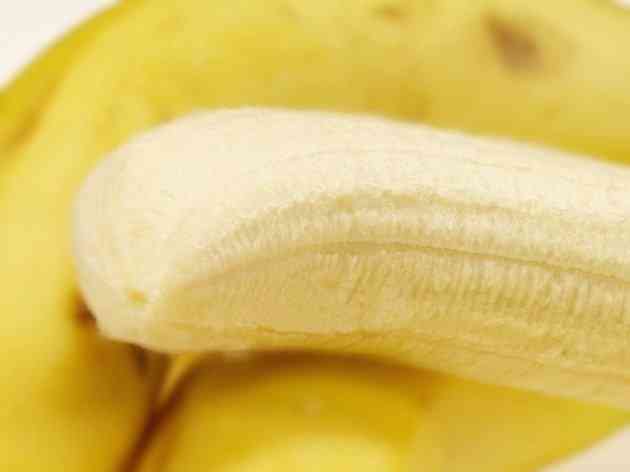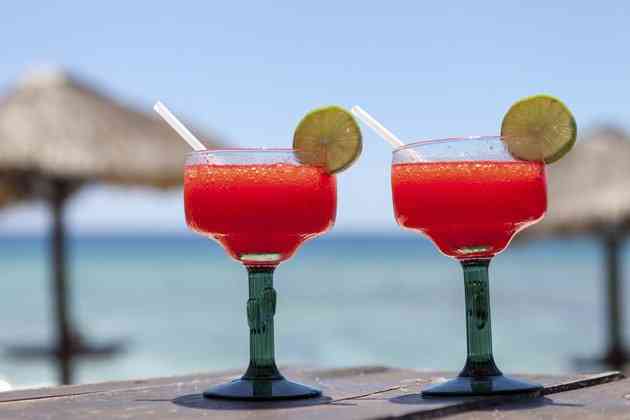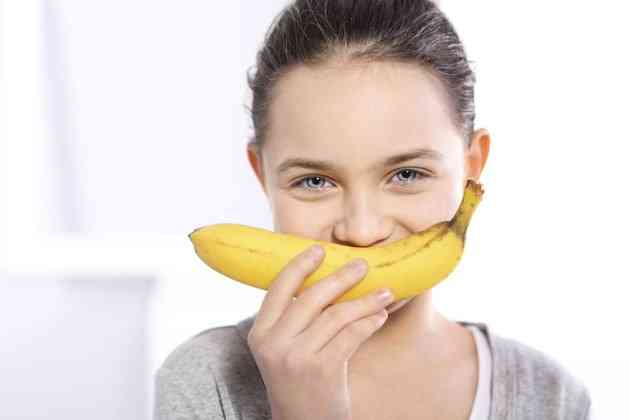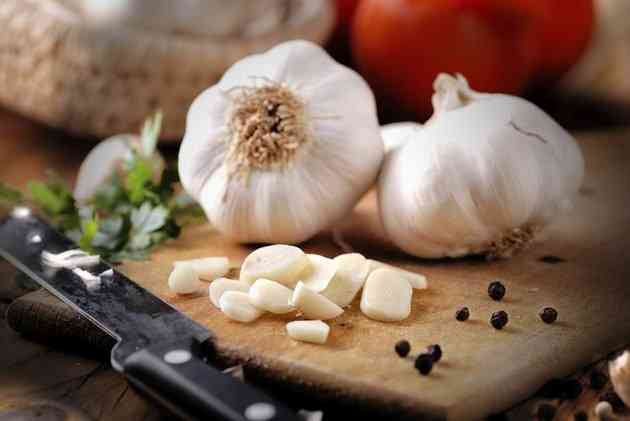Fructose & Bananas

Bananas offer several health benefits, providing you with essential potassium, vitamin C and vitamin A. They also contain fructose, a simple carbohydrate also called fruit sugar, that occurs naturally in many fruits and vegetables as well as in honey. Like all carbohydrates, fructose provides four calories per gram, and banana's fructose content makes them an easily-digestible fruit.
 Close up of peeled banana against whole banana in peel. (Image: Medioimages/Photodisc/Photodisc/Getty Images)
Close up of peeled banana against whole banana in peel. (Image: Medioimages/Photodisc/Photodisc/Getty Images)Sugars in Bananas
A medium banana contains 5.72 g of fructose, according to the U.S. Department of Agriculture's National Nutrient Database. It also contains 5.88 g of glucose, or 4.98 g of glucose per 100 g of banana, along with smaller amounts of the natural sugars sucrose and maltose. A large banana contains 6.6 grams of fructose, while a small banana boasts 4.9 grams.
Your body quickly absorbs the glucose in bananas but takes somewhat longer to absorb the fructose and other sugars. This means bananas provide quick, short-term energy.
A Moderate-Fructose Fruit
Despite their sweet taste, bananas are only moderately high in fructose. A medium-sized pear or apple, each with around 11 g of fructose, is richer in this sugar than a medium-sized banana. Bananas, however, contain more total sugar per 100-g serving than apples or pears. The amount of fructose in a medium-sized banana is similar to the amount in 1 cup of blueberries or watermelon; yet, bananas contain more total sugars than either of those foods.
Changing Sugar Content
At harvest, when bananas are green and unripe, the fruits are 20 percent starch and 1 percent sugar. As the bananas ripen over 21 to 28 days, the starch turns into several types of sugars. Sucrose forms first but remains at a constant amount as fructose and glucose content increases. A fully ripe banana, which is yellow with some brown spots, is 14 percent fructose, 20 percent glucose and 66 percent sucrose, note researchers from a study published in "Food Chemistry" in May 2005.
Dietary Guidelines
Sugars -- including fructose -- should make up only part of your daily carbohydrate intake. The 2010 Dietary Guidelines, released by the USDA, recommend mixing sources of simple sugars -- such as bananas -- with complex carbohydrates, especially whole grains. Pair bananas with a serving of oatmeal, or add banana slices to a slice of whole-wheat toast for a meal rich in simple and complex carbohydrates.




